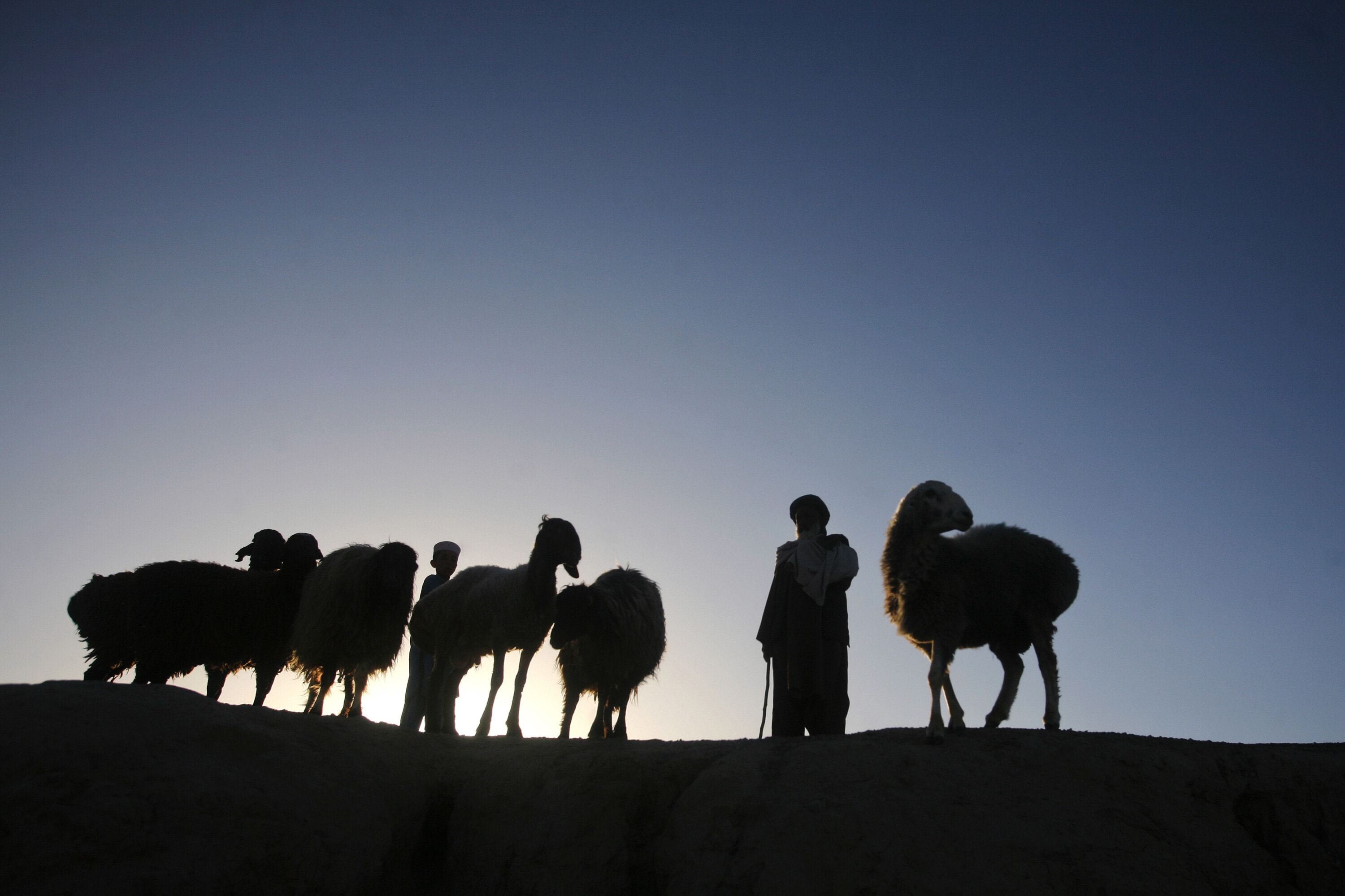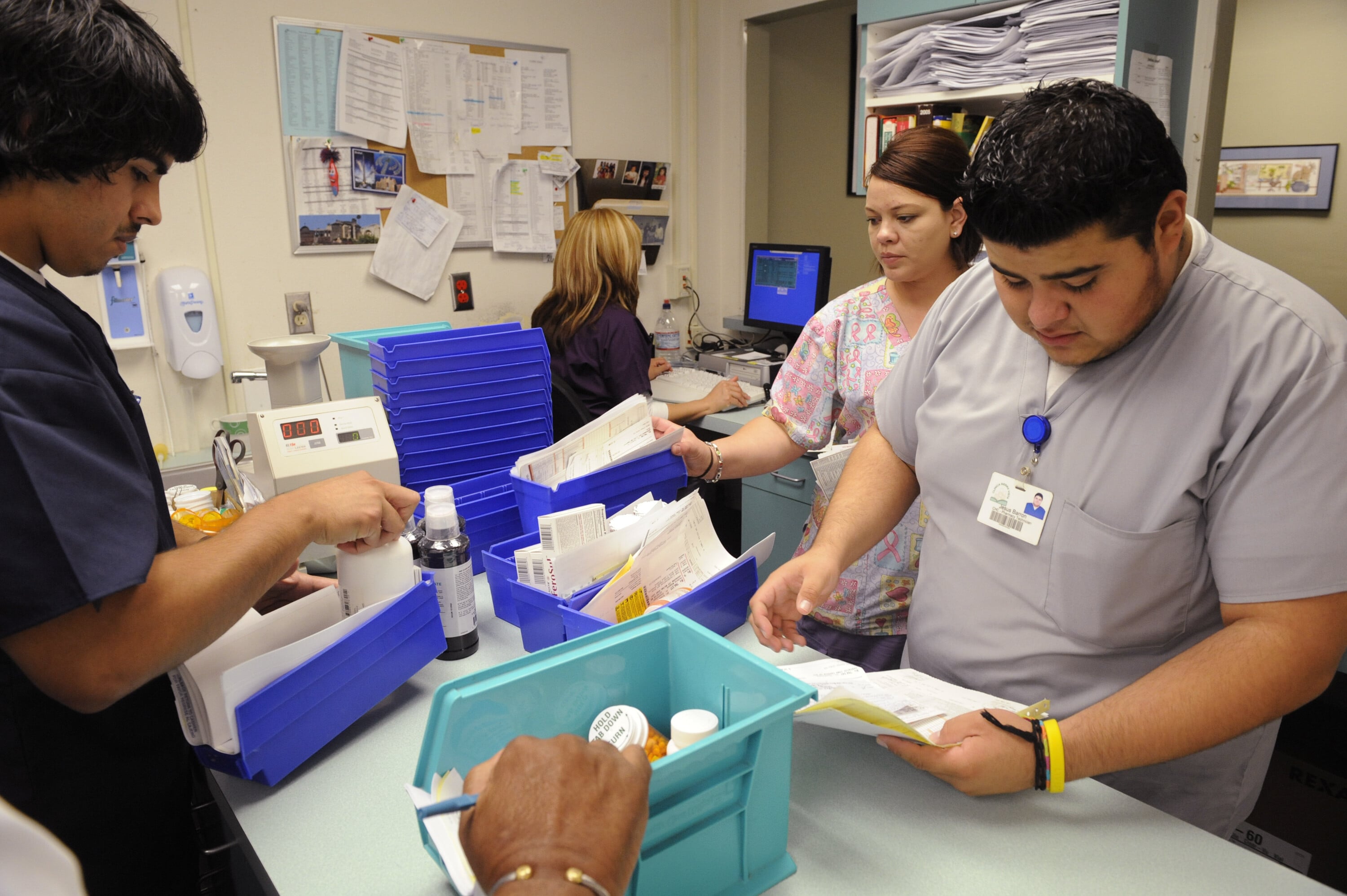9 must-read economics stories of the week

Image: REUTERS/Luke MacGregor
Stay up to date:
Economic Progress
Your weekly selection of timely and relevant economic reads:
1. 'Killing the vibe.' Four experts from the London School of Economics examine the likely impact of Brexit – officially triggered this week by Prime Minister Theresa May – on foreign direct investment. (The UK hold the world’s third largest FDI stock in the world, behind China and the US.)
2. Make it or Brexit. This report by the UK in a Changing EU initiative proposes four tests to measure the success of Brexit: UK has become more prosperous overall and its ability to finance public services has been enhanced; the UK has become fairer; the UK has become even more open as an economy and a society; citizens have gained more control over their lives.
3. The bright side of Brexit?. In this column, CEPTR economists Baldwin, Collier and Venables write that Brexit “will almost surely harm the economic prospects of millions of Britons”. But conceding that “the fact is that the British people and parliament voted to leave the EU”, they set out on identifying opportunities that Brexit offers in three areas: making UK trade policy work better for development; a UK-led effort to overhaul trade and development policy to match 21st century realities; and making UK trade policy work better for the British society.
4. Costanomics. Or “voodoo economics”, as some observers initially called the agenda of Portugal’s Prime Minister António Costa. It turns out that the magic seems to be working: the country’s GDP has grown for 13 consecutive quarters, budget deficit has been cut in half to 2.1% – well below the EU targets – and state pensions and public-sector wages have increased. But there might be a catch.
5. The plane is not landing. As many observers still see the slowdown of its economy as precursor of a hard landing, Stephen Roach is upbeat about China’s prospects. He reports back from the annual China Development Forum, where he heard Premier Li exclaim: “There will be no hard landing.”
6. It’s the institutions, stupid: Four OECD economists try to answer the question of what policies enhance economic resilience. They find that most of these policies imply a trade-off between growth and resilience. Only policies aimed at improving institutional quality seem to be able to achieve both growth and resilience (see figure below).

7. No catching up. A new OECD study combines the results of PISA tests and of the Survey of Adult Skills to answer the question of whether socio-economic disparities in skills grow between the end of compulsory education and young adulthood. Disadvantaged 15-year-olds are less likely to attend post-secondary education and more likely to be out of work.
8. US apart. Speaking of inequality, Pickety, Saez and Zucman devise a new technique to produce data that, according to them, proves more definitively that the US has become much less equal. They notably find that between 1980 to 2014, the average pre-tax income of the bottom 50% of individual income earners stagnated but surged at the top of the income distribution (see Figure). They also show that redistribution policies have largely failed.

9. Déjà vu? In contrast, Martin Feldstein paints a rosy picture of the current US economy, boosted a decade of “excessively low interest rates”: robust GDP growth, full employment, the return of inflation, increasing household wealth (although he says nothing about the distribution), overwhelmingly positive consumer sentiment, etc. Only to warn of the mounting risks of overheating, asset price bubbles, excessive credit growth and systemic default.
Don't miss any update on this topic
Create a free account and access your personalized content collection with our latest publications and analyses.
License and Republishing
World Economic Forum articles may be republished in accordance with the Creative Commons Attribution-NonCommercial-NoDerivatives 4.0 International Public License, and in accordance with our Terms of Use.
The views expressed in this article are those of the author alone and not the World Economic Forum.
Forum Stories newsletter
Bringing you weekly curated insights and analysis on the global issues that matter.
More on Economic GrowthSee all
Wolfgang Fengler and Marta Cyhan Bowles
September 22, 2025
Agshin Amirov and Azar Hazizade
September 19, 2025
Muhammad Osama Khan and James Balzer
September 18, 2025
Eric White and Elia Tziambazis
September 18, 2025
Lars Holmquist
September 17, 2025






